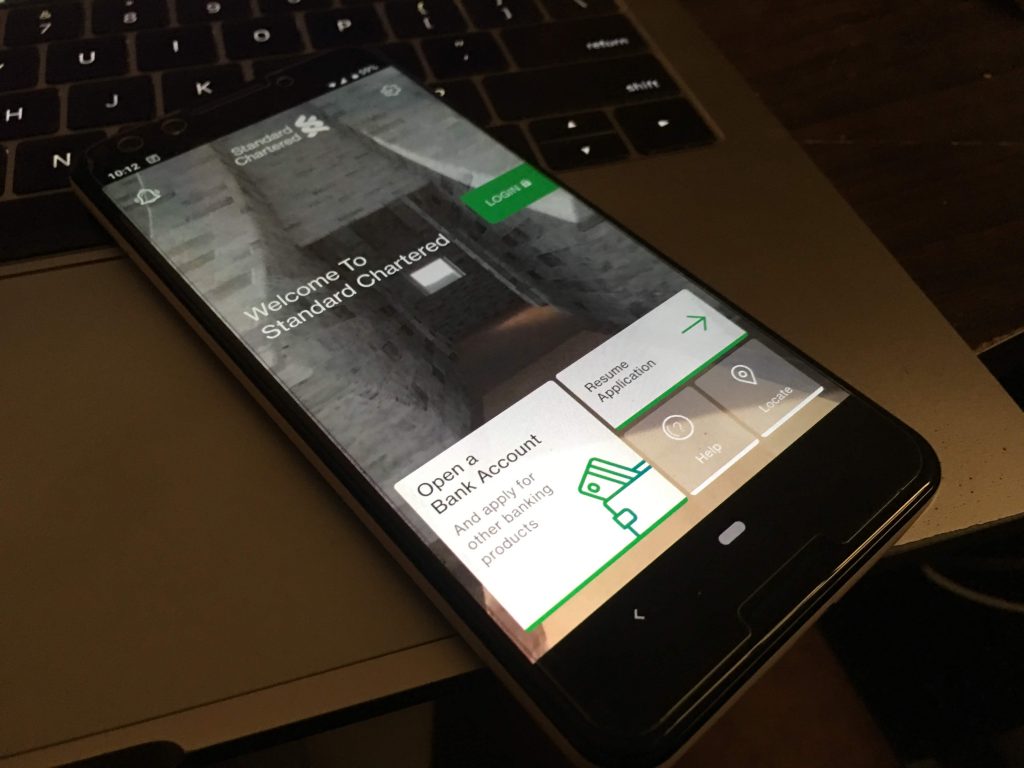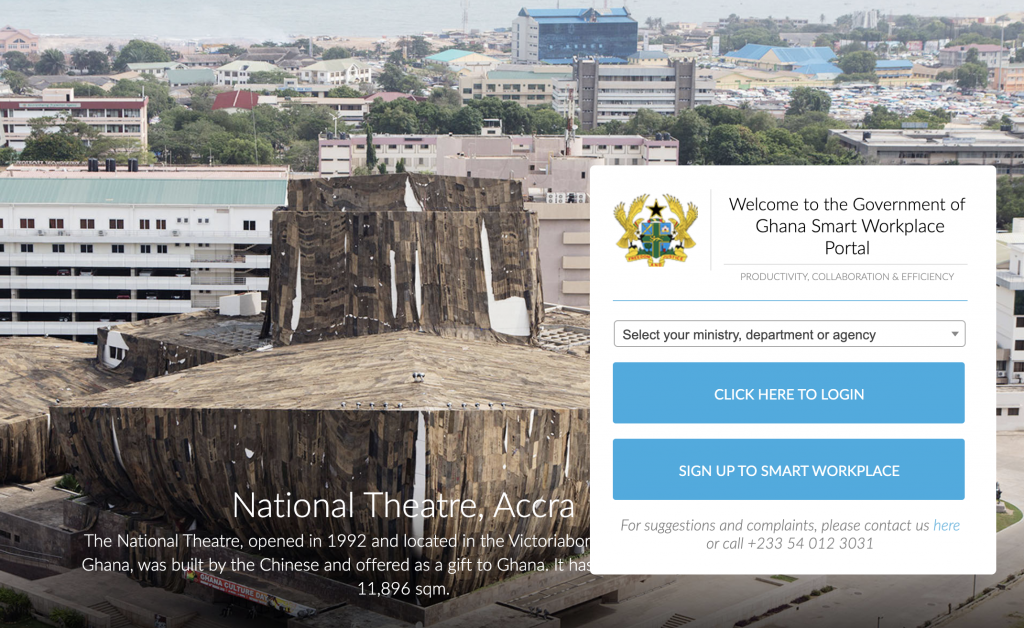For some reason or another, Ghanaian public services have been slow to adapt to modern technology when it comes to service delivery. From government to health, the use of technology to engage users and customers doesn’t appear to have been a priority.
For instance: In order to open an account at a bank, you need to be physically present to complete the transaction. You need to fill out long application forms and have a physical ID before you can open an account.
For government services, it’s the same tune: You have to physically present if you want to register your business, apply for a permit, amongst other things.
The coronavirus pandemic, which is engulfing the world, has made its way to the African continent with Ghana being one of the countries being infected. The Government has put in measures including social distancing, advising people to stay home and most recently, placed a two-week lockdown in the major cities.
With the virus causing disruptions, the norm of engaging public services will have to change. That is, most of the manual processes will have to be partially or fully digital going forward.
But at the current pace, Ghana doesn’t seem to be truly ready for a digital transformation.
Financial Services
The majority of the banks in Ghana are now realizing the value of digitization and are now attempting to digitize. Some banks including Standard Chartered, Fidelity Bank and Stanbic Bank all have mobile applications where customers can pay bills and make transfers.

However, most of the banks still have manual processes when it comes to allowing customers to open up accounts. Because of Know Your Customers (KYC) policies where banks have to verify individuals, a lot of documentation such as proof of address and a national ID card are needed.
If you decide to switch banks, you’ll need to start the process all over again.
Government Services
The new Government administration has been pushing digitization for most of its public services. Recently, the Passport application process has gone totally digital which is a major milestone.

But there are other services which are still behind on digitisation. Despite the many stories about online registration of businesses, the Register General’s Department still receives a lot of applicants physically at their offices due to the unreliability of the online service.
Online tax registration and payments are slowly coming online but there appears to be a lack of promotion to show off these new ways of accessing these services online.
With the COVID19 pandemic, now more than ever, Government needs to push more of its services online to cater to the general public.
Health Services
Digitisation of health services is going to be a big deal in the wake of the coronavirus. Electronic health records of patients are a must especially if a doctor needs to check on a patients’ health history if they’re newly admitted.
Unfortunately, most of the major health facilities still rely on manual processes for admitting a patient (manual forms etc)
The government had announced an electronic health initiative in 2017 but since then, there haven’t been any updates on the progress of this initiative or when it might see the light of day.
COVID19 has been forcing many public services to engage with digital channels and services for business continuity. Most businesses are offering payment channels including mobile money for online payment due to movement restrictions in the country.
When the pandemic does wind down, businesses and public services need to continue the trend of offering online services to their customers and users. There actually needs to further push for digitisation of services.
The pandemic has forced local industries to think outside the box to continue services using technology. That trend of using technology needs to continue to be the norm and not as an emergency procedure.










